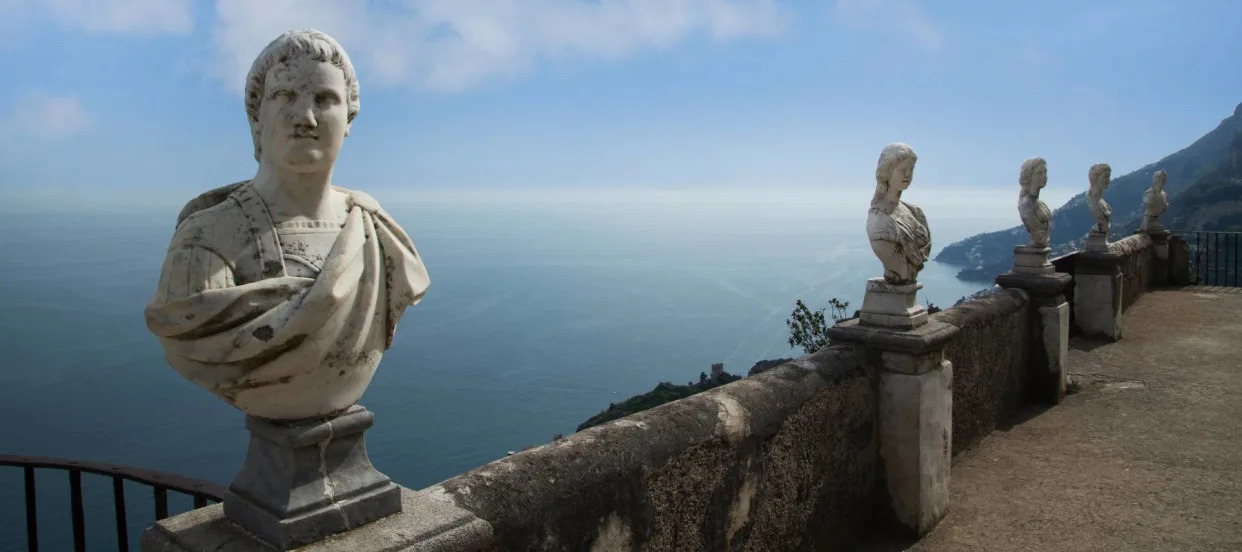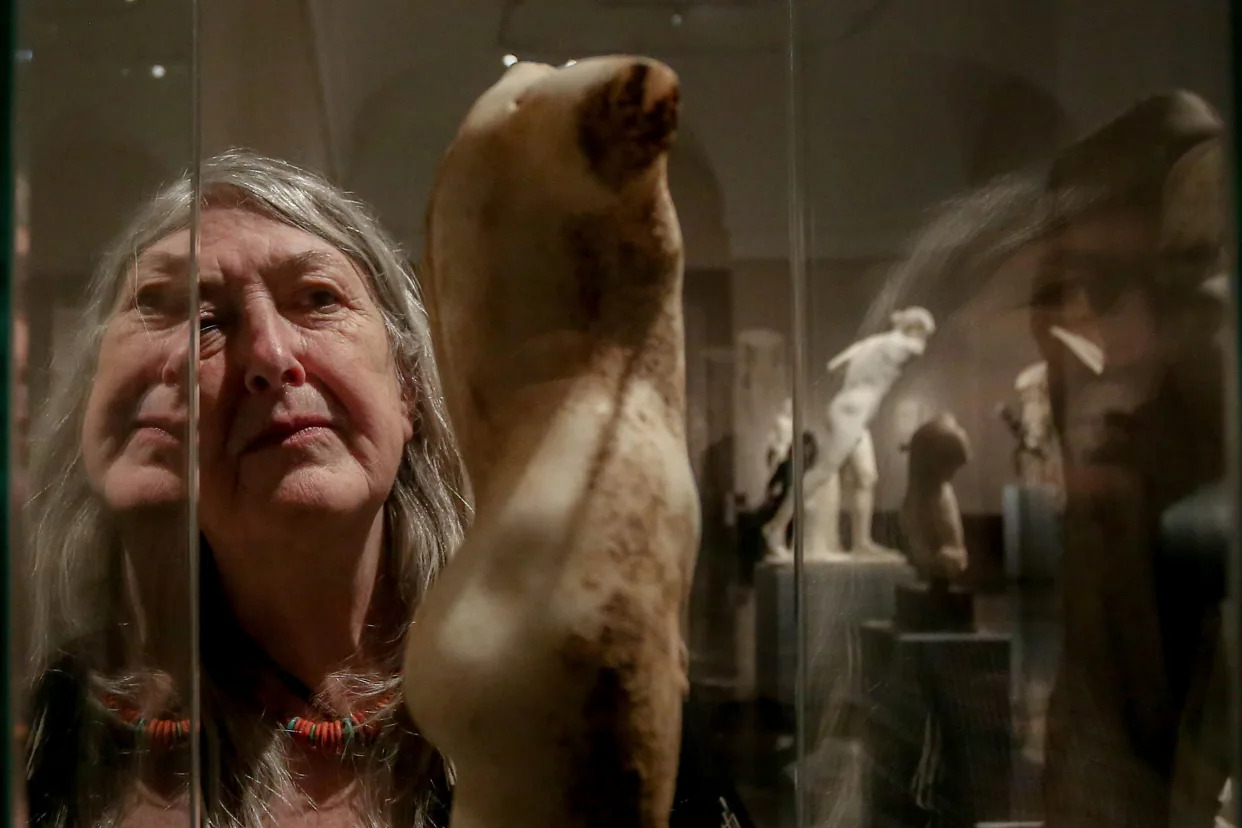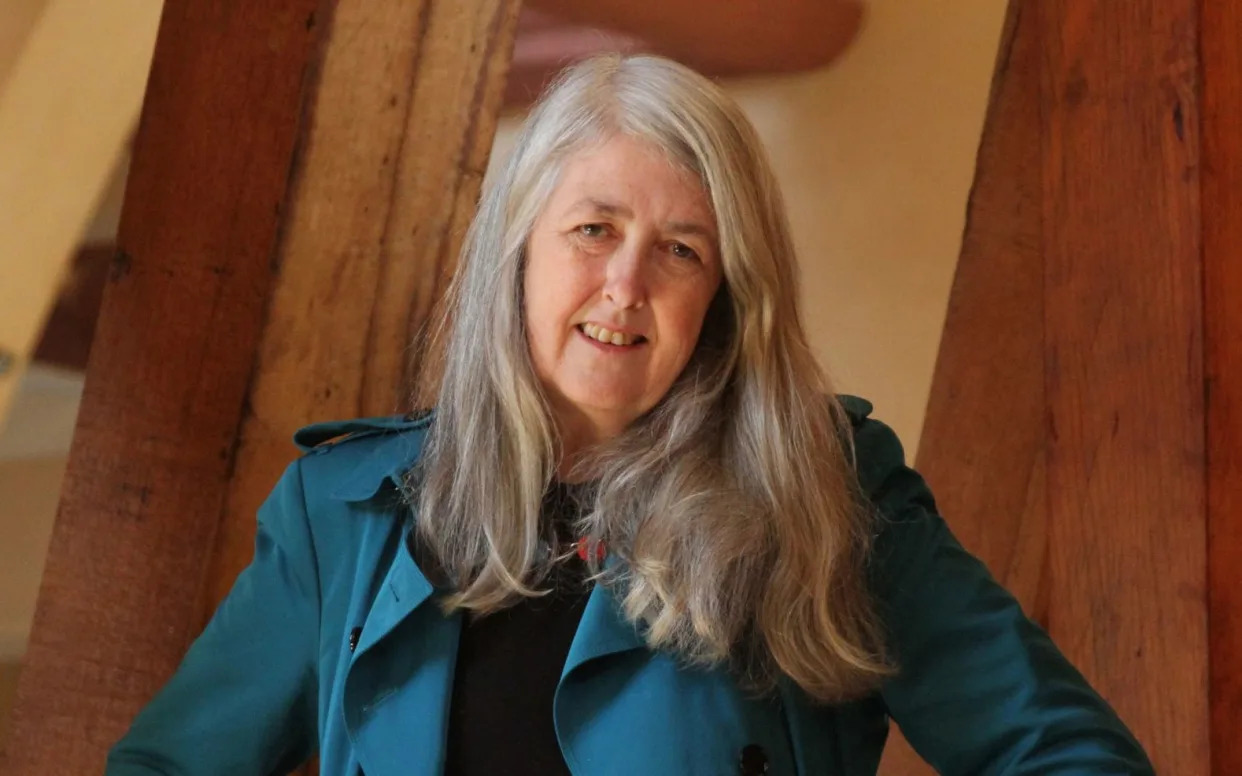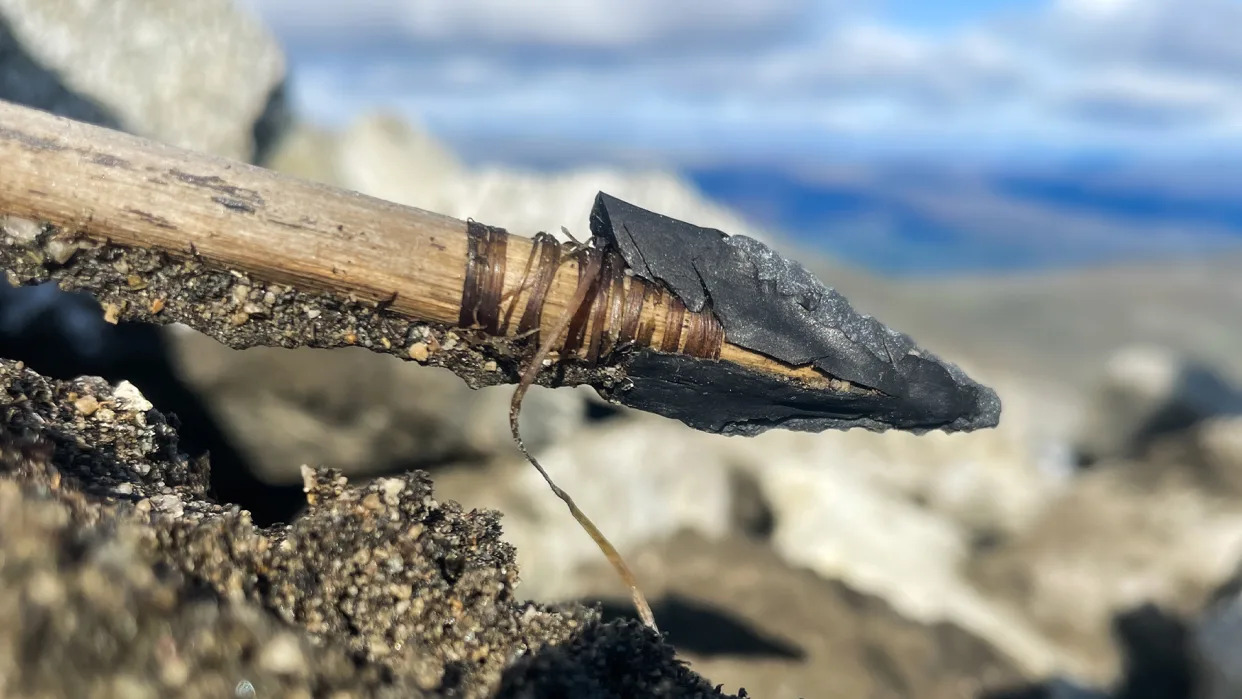Wed, September 27, 2023

A Fox News producer had his segment derailed by Seattle residents who challenged the network’s narrative that the city is a “progressive hellscape.”
Johnny Belisario, an associate producer on Jesse Watters Primetime, was openly mocked during a segment about how crime and drugs have become expectations in Democratic cities, and that Seattle had become a dangerous place to live.
“I’ve never seen any crime in Seattle. I’ve never seen any of it. I’ve seen fun and laughter, and laughter and fun,” one interviewee said.
“Crime is a social issue that could be solved by giving people their basic needs,” said another interviewee.
Another woman claimed she had “never heard of anyone getting robbed.”
She went on to question Belisario. “People don’t just come up and try to rob people on the street. Do you walk around everyday just like, ‘Someone’s gonna rob me’ every second?”
“Seattle decriminalized drug use and then they criminalized it again!” Belisario cried in response.
“Who are you getting these facts from?” the interviewee asked incredulously.
Belisario went on to say he’d seen “a lot of people shooting up” on his way to the interview.
“Oh, did you? OK. And were they bothering you?” she responded. When Belisario said he’d actually been in a car, the woman cringed. “Oh no! You were in a car,” she said, feigning distress. “They were hurting you so bad! Oh no!”
Back in the studio, Jeannine Pirro said she was shocked by the “arrogance and ignorance” and called the residents “clueless.” Host Jesse Watters concluded that the residents of Seattle believe that “criminalizing crime is racist.”
Fox News hosts bewildered after residents roast reporter: “Who are you getting your facts from?"
Gabriella Ferrigine
Thu, September 28, 2023

Jesse Watters Roy Rochlin/Getty Images
Fox News hosts were floored after a recent man-on-the-street interview with Seattle, Washington residents seemed to indicate that they were unconcerned about alleged drug use and crime.
"The arrogance and the ignorance of Seattle residents that Johnny interviewed is shocking," said "The Five" co-host Jeanne Pirro in reaction to a clip of Johnny Belisario, an associate producer on "Jesse Watters Primetime," this week. "I mean, how could they be clueless?"
Belisario interviewed numerous people who seemed to mock the premise of his questions on crime and homelessness in the city.
"Who are you getting these facts from?" one person pushed back on Fox News.
"I've never seen any crime in Seattle. I've never seen any of it. I've seen fun and laughter, and laughter and fun," one interviewee told the network.
"People don't just come up and try to rob people on the street. Do you walk around everyday just like, 'Someone's gonna rob me' every second?" said another.
On "The Five," co-host Jesse Watters was left sputtering trying to explain the segment gone wrong.
"Well, they're in denial," Waters insisted. "And if you look at the demographics of the city, it's understandable. It is a very, highly educated city. Very white, very LGBTQ, very secular. And they all believe in the same thing, which is, criminalizing crime is racist. There is someone, a victims' advocate, who just quit after 25 years because she said crime victims are being pressured by courts to recommend non prison sentences. So if you get assaulted, you're supposed to want that person to go to rehab instead of prison, and they're being bullied into doing this. It's about white guilt and it's about people learning from these professors that in order to make everybody equal, they can't punish criminality. And it's gotten so bad that criminals are now coming into the city. We did it with sex offenders. We used to see these sex offenders go to places like Vermont or California, where they know they can get away with preying on children because they know that there's soft sentences. They're doing the same thing here and it's predatory."
Thu, September 28, 2023

A now-viral Fox News segment put the debate over public safety in Seattle on full display this week.
In the segment which aired as part of “The Five,” Seattle residents were asked about their level of concern over crime in their city. Most of the responses asserted that narrative may be overblown.
“I saw a lot of people shooting up on my way here,” a Fox News reporter pointed out.
“Oh, you did you? And they were bothering you?” said a Seattle resident, now known across social media as “Green Jacket Lady.”
Others seemed similarly skeptical.
“I’ve never seen any crime in Seattle -- I’ve never seen any of it,” another person said. “I’ve seen fun and laughter.”
“Crime is a social issue that can be solved by giving people their basic needs,” said a third person.
Fox News pundits in the segment argued that the responses they garnered from the three people they spoke to demonstrate how “residents in blue cities are embracing the decay.” They went on to highlight the recent news that two Seattle Targets will be closing, after the company cited concerns over retail crime and safety.






















